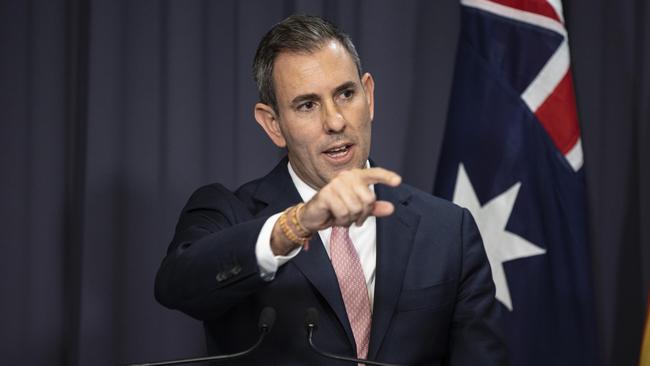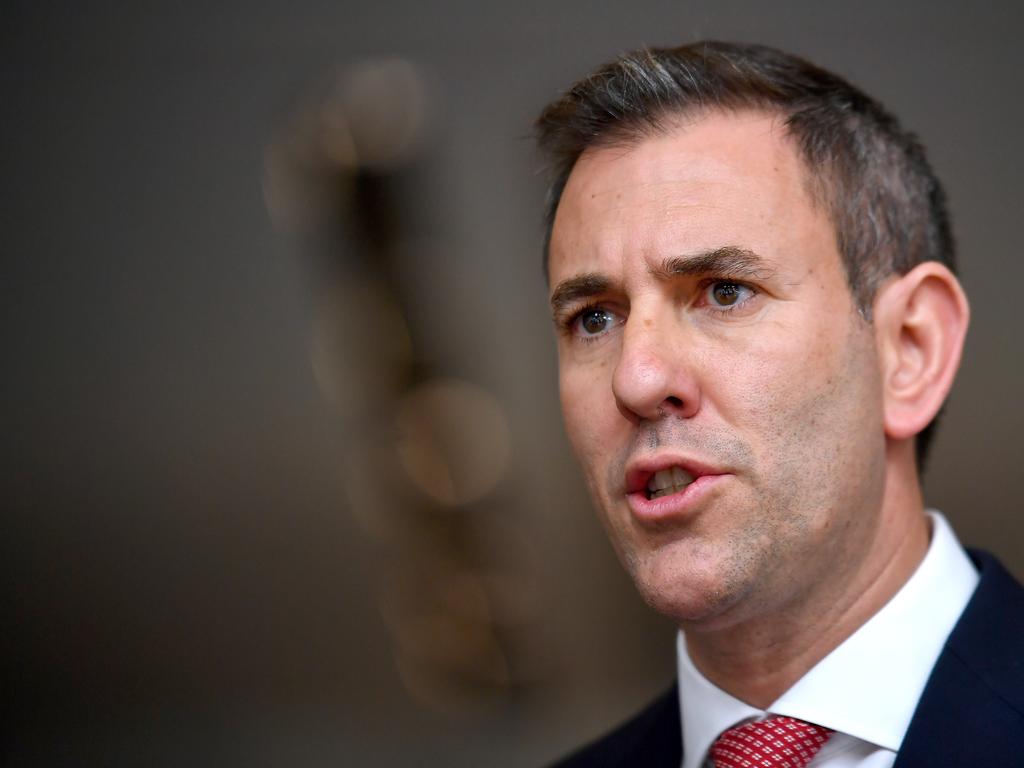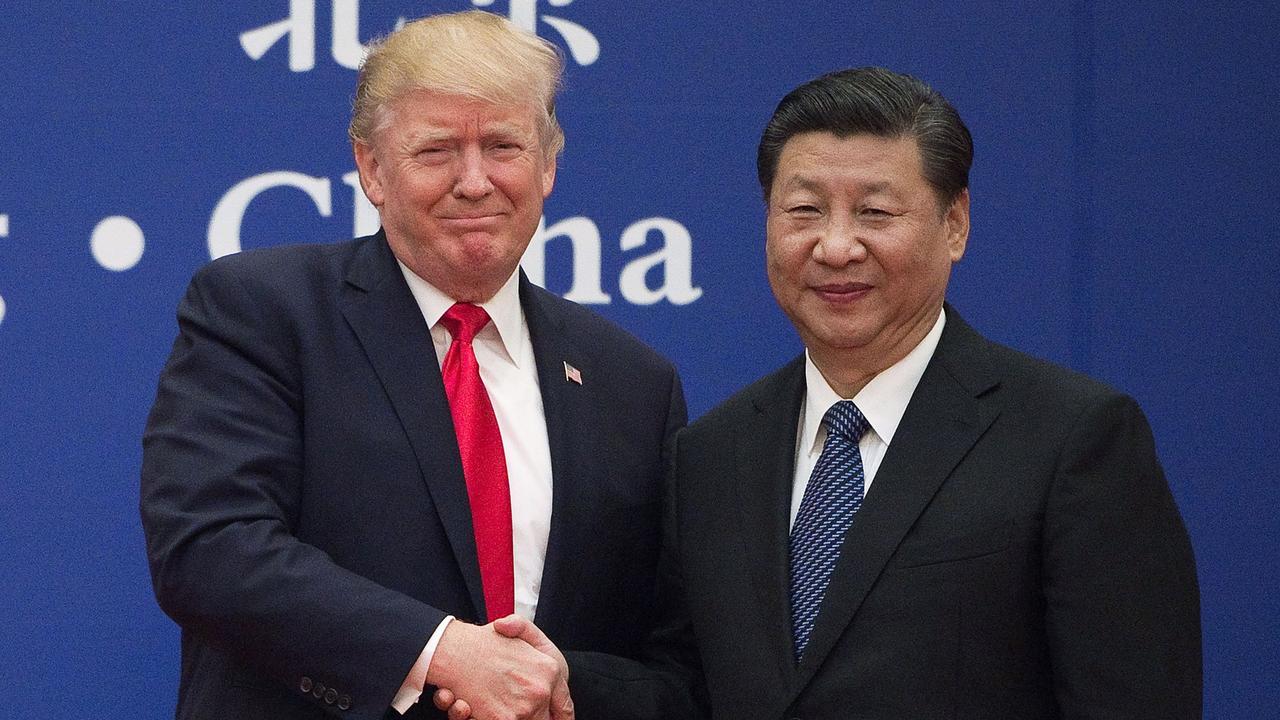We tax more than enough; it’s spending that’s the problem

To paraphrase Yoda from the Star Wars movies, “begun the tax wars have”.
Australian governments are collecting record amounts of tax; record in aggregate and (outside war) record as a proportion of GDP. Yet this seems insufficient. The avaricious need for more and more government spending seemingly knows no bound. And worse. The social and economic value of spending on middle-class welfare and electoral pork has claimed equivalence with spending on essential infrastructure, national defence and support for those in need.
Globalisation and Reserve Bank-enabled loose fiscal policy have misguided a generation of Australians into believing there is no cost to ever-increasing government spending. For more than 20 years, the growing tax take by governments was masked by falling interest rates and a globalisation-enabled decline in the cost of goods and services. This contributed to maintaining or increasing consumer purchasing power. But with accelerating economic headwinds coupled with rising interest rates, the party is fast approaching an end.
The campaign to repeal the stage three tax cuts and to increase other taxes has commenced. Appearing at the House of Representatives Economics Committee in September, RBA governor Philip Lowe sought to misdirect attention from his and the central bank’s failures by advocating for tax increases.
Then last week, former Australian Competition & Consumer Commission chair Rod Sims promoted tax increases, stating: “If you want more spent on healthcare or education, then taxes must rise.” Whether current or proposed increased spending on healthcare or education is efficient, effective, or targeted is apparently inconsequential. If some government spending is good, then evidently more must be better.
Last week, Robert Breunig, director of the Tax and Transfer Policy Institute at ANU, suggested the commonwealth take over all government revenue collection in exchange for the states taking over all service delivery. It seems monopolies are bad and competition is good except when that competition is between governments and may lead to lower taxes. For example, according to Breunig, abolition of inheritance taxes was a “race to the bottom” because interstate competition led to tax reductions. Such recent discussions were a precursor for Treasurer Jim Chalmers starting to test the waters to repeal or reduce the stage three tax cuts.
The reality, however, is that Australian governments are not short of revenues. In 2021, total revenue of federal, state and local governments was $810.8bn or approximately $31,600 per person. Thirty years prior, in 1992, it was $135.4bn or approximately $7700 per person. Yet despite this phenomenal increase in revenues, it is insufficient to meet the growing cost of spending as evidenced by the aggregate budget deficit of Australian governments of $157.7bn or 8 per cent of GDP.
With an economy running at near capacity, with record low unemployment and record terms of trade, a national deficit of this scale is more a sign of fiscal ill-discipline than of revenue insufficiency. Imagine the deficits if unemployment were higher or if China entered a deep recession and reduced its purchases of Australian coal, iron ore and gas.
The true level of taxation is not measured by receipts but by government outlays. This is because government does not create economic value but instead transfers it from one section of the economy to another.
Government spending must thus be funded either from taxes collected today or taxes collected tomorrow. In 2021, total government outlays amounted to 48.1 per cent of GDP. Nearly half the economy and not including government-mandated private sector spending such as the large regulation and compliance industry.
Drawing parallels to the recently proposed and reversed UK tax cuts, the Australian tax-and-spend coalition has warned of a similar reaction if stage three proceeds in Australia. But the parallels are not justified. Lost in the commentary was that the cost to the UK budget of direct energy subsidies was £150bn, more than three times the £45bn loss of tax revenues from proposed tax cuts. Perhaps a lesson for Australian governments as to the price of a poor energy policy.
Missing also from the stage three conversation is the economic drag caused by increased taxes. Stage three, while called a tax cut, is compensation for bracket creep; the silent inflation-driven tax increase pushing workers into higher tax brackets. According to the Parliamentary Budget Office, the average personal income tax rate in Australia increased from 12.5 per cent in 1960 to 23.5 per cent last year.
Inflation is itself a tax and allows governments to collect more tax revenue without increasing tax rates. Everything else being equal, income tax, GST, capital gains tax and payroll tax receipts all increase because of inflation.
Inherently, increasing taxes will not provide the budgetary salve claimed. It will lead to a slowing economy, leading to reduced receipts and increased social security outlays. It will also hinder efforts to contain inflation by suppressing aggregate supply. Increasing taxes to fund more and more questionable government expenditures gives life to the words of Thomas Jefferson, who wrote that a “government big enough to supply everything you need is big enough to take everything you have”.
The only pathway to fiscal rectitude lies in reduced government spending with the first stop on this journey being an assault on middle-class welfare. If an election promise is to be broken in the name of budget responsibility, it should be to abort the proposed increase in childcare benefits for households earning up to $530,000 a year.
Dimitri Burshtein is a former government policy analyst





